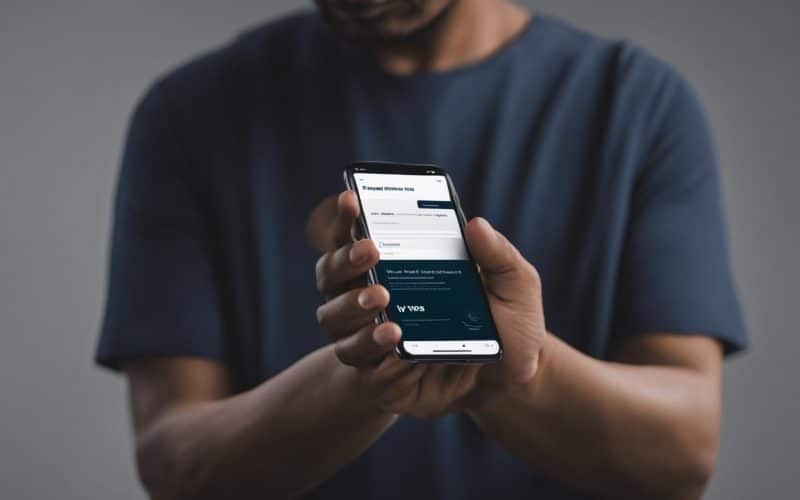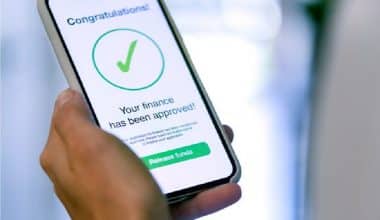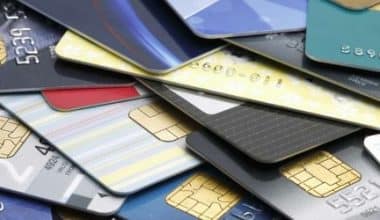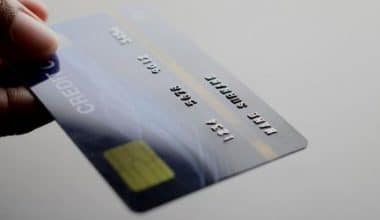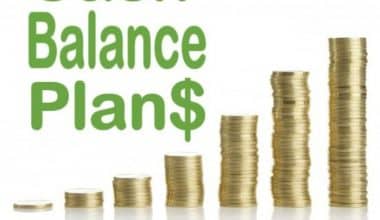Having your BVN (Bank Verification Number) blacklisted can be an unpleasant experience, especially if it limits your ability to use financial services. As someone who has gone through this procedure, I understand how stressful it may be to discover your BVN is marked. The good news is that you can remove your BVN from the blacklist by following the proper steps. In this article, I’ll explain how to get your BVN off the blacklist and back on track.
Why BVNs are Blacklisted
In Nigeria, BVNs are banned for a variety of reasons, including loan defaults, fraudulent activity, and noncompliance with Know Your Customer (KYC) rules. The Central Bank of Nigeria (CBN), in collaboration with the Nigeria Inter-Bank Settlement System (NIBSS), employs the BVN to combat identity fraud and strengthen the financial system’s security.
According to Statista, Nigeria has issued approximately 56 million BVNs as of 2023. With such a vast infrastructure, banks and other financial institutions can monitor account activity and blacklist the BVN if suspicious behavior or loan non-payment occurs. So, this blacklist may prevent you from opening new accounts, obtaining loans, or doing simple banking operations.
What Are the Penalties for Having Your BVN Blacklisted?
When your BVN (Bank Verification Number) gets banned in Nigeria, it can have serious ramifications, limiting your ability to conduct fundamental financial transactions. The consequences of being blacklisted often include limits on banking and credit access, as well as legal ramifications in some situations. So, here’s an overview of the most typical penalties:
#1. Restricted access to banking services
When your BVN is banned, the most immediate consequence is limited access to basic banking services. This means that you may no longer be able to undertake crucial transactions associated with your bank account, such as:
- Inability to Open New Accounts: If your BVN is blacklisted, you will be unable to open new accounts with most Nigerian banks. This restriction applies to savings, current, and domiciliary accounts.
- Limited Access to Existing Accounts: Your ability to withdraw, transfer, or deposit funds from your existing accounts may be suspended. In extreme instances, your account may become fully frozen.
- Loan Application Denial: If your BVN is blacklisted, you will be immediately denied a loan since financial institutions will consider you a high-risk borrower.
#2. Blocked access to financial platforms
In Nigeria, numerous financial platforms and fintech apps employ the BVN system to verify individuals and determine creditworthiness. A blacklisted BVN prevents you from efficiently using various platforms, which can result in the following penalties:
- Inability to Access Quick Loan Apps: If your BVN has been blacklisted owing to unpaid loans or defaults, platforms such as Carbon, FairMoney, and Renmoney may prevent you from applying for additional loans.
- Restrictions on Fintech Services: You may also lose access to mobile banking and payment apps such as Opay, Paga, or Kuda, which rely on your BVN for identification verification.
#3. Damaged Credit Score
When your BVN is banned due to delinquent loans or debt defaults, it lowers your credit score. This means:
- Credit Bureau Reporting: Your default status will be reported to credit bureaus such as CRC Credit Bureau and First Central Credit Bureau, which will impact your total creditworthiness. A low credit score makes it difficult to qualify for loans in the future, even if your BVN has been cleared.
- Higher Interest Rates: If you ultimately get a loan after clearing the blacklist, lenders may charge you a higher interest rate due to your poor credit history.
#4. Legal consequences for fraud
If your BVN has been banned owing to involvement in fraudulent operations or financial crimes, the penalties may extend beyond banking limitations to include judicial action.
- Law Enforcement inquiry: If your BVN is suspected of fraudulent activity, you may face an inquiry by law enforcement organizations such as the Economic and Financial Crimes Commission (EFCC) or the Nigerian Police Force.
- Criminal Charges: In serious situations of fraud or money laundering, criminal charges may be filed against you, which might result in penalties or even imprisonment, depending on the severity of the offense.
#5. Loss of Business Opportunity
A blacklisted BVN can have a substantial influence on the efficiency with which a business operates. Penalties include:
- Loss of Access to Business Loans: Many Nigerian firms rely on loans to grow and expand. A blacklisted BVN will prevent you from obtaining financial aid through formal means.
- Inability to Secure Corporate Accounts: If your company needs to open corporate accounts or access high-value transactions, a blacklisted BVN will prevent you from securing these accounts or services.
How to Remove Your BVN From The Blacklist
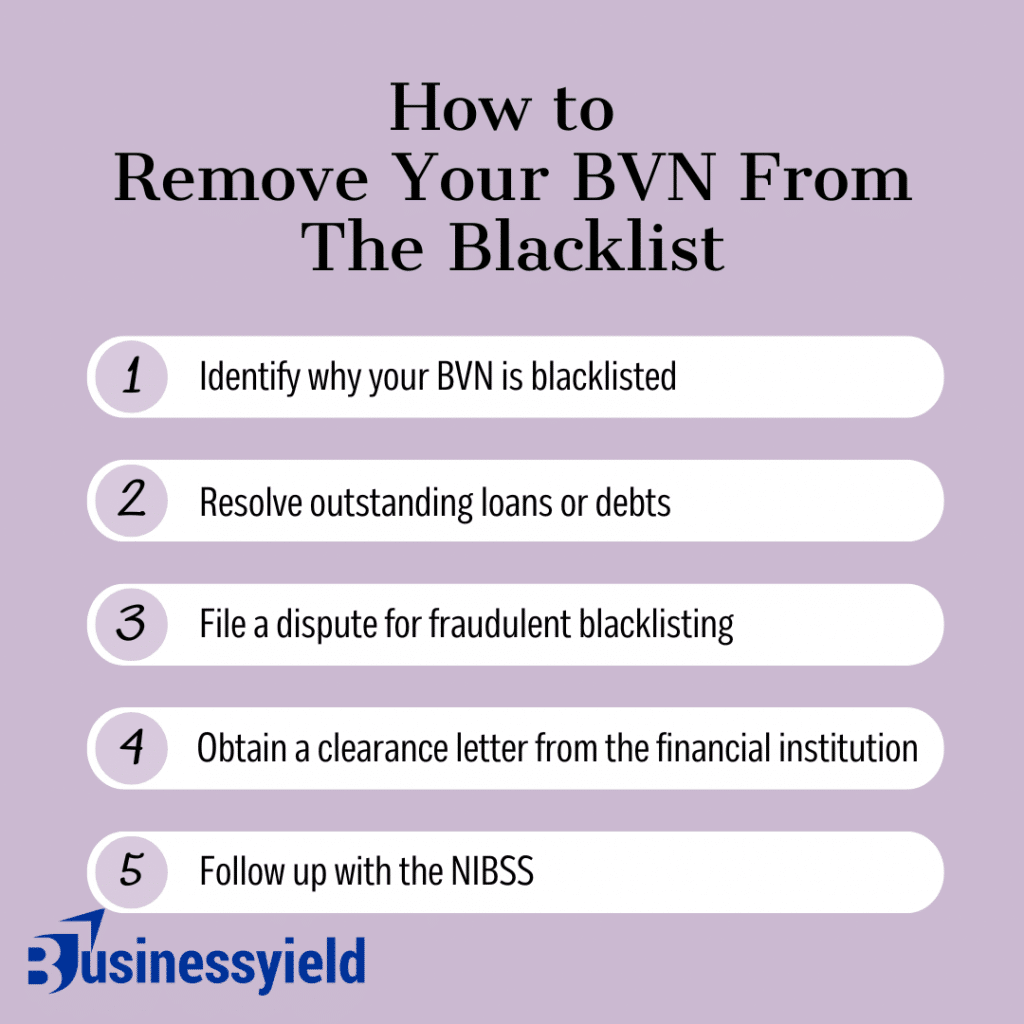
#1. Identify why your BVN is blacklisted
The first step is to figure out why your BVN has been blacklisted. The most common causes are loan defaults or involvement in fraudulent transactions. Some people are accidentally blacklisted when someone linked to their account participates in criminal activity.
- How to check: Go to your bank or call the NIBSS to validate the cause of the blacklist. You can also check with credit reporting agencies such as CRC Credit Bureau or First Central Credit Bureau. This will reveal information about your financial history and loan status.
#2. Resolve outstanding loans or debts
If your BVN was banned owing to unpaid loans, the simplest approach to remove it is to repay the outstanding bill. Some people get into this situation by taking out loans from apps or microfinance banks without considering the long-term consequences.
Steps To Take:
- Contact the financial institution that has blacklisted you.
If you are unable to repay the loan in full right away, you should negotiate a payment plan. - Before requesting that your BVN be cleared, make sure that the loan or debt has been properly settled.
My friend’s BVN was blacklisted after they failed to repay a loan from a quick loan app. She negotiated a flexible repayment schedule, and once completed, her BVN was approved within a few weeks.
#3. File a dispute for fraudulent blacklisting
In some situations, your BVN may be blacklisted owing to fraud, which is often done without your knowledge. This can happen if your identity is stolen or you fall victim to fraud.
Steps for Resolution:
- Report the fraudulent behavior to the bank that reported your BVN.
- Provide supporting documentation to show that you were not involved in the fraud.
- You may need to contact the Nigerian Police Force or the Economic and Financial Crimes Commission (EFCC) to investigate and clean your name.
Always check your bank accounts and report any unusual activity right away to avoid falling victim to fraud, which could result in your BVN being banned.
#4. Obtain a clearance letter from the financial institution
Once you’ve settled any outstanding debts or cleared a fake blacklist, you’ll need to get a clearance letter from the financial institution that created the blacklist.
- How to receive it: Go to the institution and get a clearance letter confirming that you have settled the obligations or resolved the situation. The institution will also tell the NIBSS that your BVN may be removed from the blacklist.
- Important: Keep a copy of the clearance letter as proof in case the problem occurs again in the future.
#5. Follow up with the NIBSS
After settling the issue with the bank or institution, you should follow up with the Nigeria Inter-Bank Settlement System (NIBSS) to check that your BVN has been formally removed from the blacklist.
Steps to Follow:
- Go to your bank and confirm that the clearance was sent to the NIBSS.
- Check with your bank regularly to ensure that the removal process has been completed.
In my experience, it took a few weeks after receiving a clearance letter for the NIBSS to completely remove the blacklist. So patience and constant follow-up are essential.
Template for Tracking Your BVN Blacklist Removal Progress
It’s easy to lose track of your progress while interacting with several institutions, so here’s a simple template to keep you organized.
| Action | Date Started | Institution Contacted | Status | Next Steps |
|---|---|---|---|---|
| Identify Reason for Blacklist | Contact NIBSS to confirm the removal | XYZ Bank | Confirmed | Contacted XYZ Bank for details |
| Identify the Reason for Blacklist | March 10, 2024 | Loan Application | In Progress | Final Payment Due: April 5, 2024 |
| Obtaining Clearance Letter | April 8, 2024 | XYZ Bank | Pending | Awaiting clearance letter |
| Follow Up with NIBSS | April 15, 2024 | NIBSS | Not Started | Contact NIBSS to confirm removal |
This template allows you to track each stage and guarantee that you don’t miss any key deadlines or follow-ups.
Can I get my BVN off the blacklist without paying off my loan?
In most circumstances, the response is no. If your BVN has been blacklisted due to a loan default, you are legally compelled to pay off your outstanding obligation before the blacklist may be erased. Loan defaults are one of the most common grounds for BVN blacklisting in Nigeria, and financial institutions use the blacklist to induce repayment.
In very rare situations, if your account was blacklisted due to a dispute or fraudulent activity (for example, identity theft), you may not be required to repay any loans. To cleanse your name, you must first present evidence and then follow a different approach. This often involves law enforcement and judicial action.
How Long Will It Take to Remove My BVN from the Blacklist?
The time it takes to remove your BVN from the blacklist is determined by the reason for the blacklist and the financial institution’s cooperation. Here’s an in-depth look at the process:
#1. For Loan Default
Once you have returned the debt or finished the payment plan, your BVN will normally be removed from the blacklist within 2 to 8 weeks. The timetable can be reduced if you repay the loan in full, but it may be extended if you choose a payment plan.
- Processing Delays: Banks or lending institutions may take some time to process your repayment and issue the clearance letter. Regular follow-up is recommended to avoid excessive delays.
- NIBSS Processing: Once your lender has submitted the clearance to NIBSS, it may take a few days to a couple of weeks for NIBSS to completely remove your BVN from the blacklist. Keep in touch with both your lender and NIBSS during this time.
#2. For fraud cases
If your BVN was blacklisted due to fraudulent activity, the process may take longer, depending on how quickly the inquiry and resolution are completed. In such instances, the resolution time may range from a few weeks to several months.
- Investigations: Fraud investigations frequently necessitate coordination among your bank, NIBSS, and law enforcement organizations such as the EFCC or Nigerian Police Force. The complexity of the case will influence how long it takes to remove the blacklist.
#3. Important Factors Affecting the Timeline
- Institution Cooperation: Some financial institutions process repayments and address blacklist concerns more quickly than others.
- Case Complexity: If your case involves many financial institutions, loan applications, or a history of unsolved issues, it may take longer to completely remove the blacklist.
Tip: Keep track of all correspondence, such as emails, phone conversations, and formal letters, to enable a smooth follow-up procedure.
Will my BVN be blacklisted if I miss a single loan payment?
In most circumstances, skipping a single loan payment does not instantly result in your BVN being banned. However, it can have an influence on your credit score, and if the default occurs often, it may result in blacklisting. Financial organizations typically blacklist a BVN after a series of missing payments or complete noncompliance with the loan arrangement.
How to Avoid Blacklisting:
- Communicate Early: If you miss a payment or anticipate issues paying a future payment, notify your lender right away. Many financial institutions are ready to change your repayment plan or provide extensions to help you avoid default.
- Make Partial Payments: If you are unable to pay the entire sum, making a partial payment can demonstrate good faith and lessen the danger of blacklisting.
- Stay Informed: Check your credit status on a regular basis with organizations such as CRC Credit Bureau or First Central Credit Bureau to stay on top of your loan status and avoid future issues.
The Effects of Missing Payments
- Late Fees and Penalties: Even if your BVN is not instantly blacklisted, missed payments may result in late fees or penalties that increase your overall debt.
- Loan Restructuring: If you continue to miss payments, your lender may restructure your loan, resulting in longer repayment terms but higher interest rates.
- Eventual Blacklisting: If you continue to miss payments or do not comply with any payment plan, your BVN may eventually be blacklisted.
What Should I Do If I’ve Been Blacklisted Due to Fraud?
If your BVN was blacklisted due to fraudulent behavior or identity theft, you must act promptly. Here’s what you need to do:
- Immediately report the issue
- Contact your bank or financial institution as soon as you observe any questionable behavior associated with your BVN or account. It is critical to report the problem as soon as possible to avoid additional issues.
- File a police report
- To investigate the fraudulent activities, you must involve either the Nigerian Police Force or the Economic and Financial Crimes Commission (EFCC). A police report is frequently required to clear your name and launch an investigation.
- Provide supporting documentation.
- If someone else committed the fraud using your information, you must provide proof of your innocence. This may include:
- Bank Statements
- Proof of Identity
- Communication with the banking institution on the fraud.
- If someone else committed the fraud using your information, you must provide proof of your innocence. This may include:
- Monitor Your Accounts
- Even after the issue has been rectified, keep an eye on your accounts and BVN activity. This will assist in avoiding further fraudulent acts and keep your bank information secure.
Tip: To improve account security, utilize two-factor authentication (2FA) and change your passwords regularly.
How Do I Keep My BVN From Being Blacklisted Again?
To avoid future blacklisting, it’s necessary to take proactive actions to maintain your financial stability:
- Stay on top of loan repayments.
- Always pay your loans on time. If you are experiencing financial difficulties, contact your lender as soon as possible to arrange a revised repayment schedule.
- Set Reminders: Use apps or calendars to schedule loan repayment dates so you don’t miss any deadlines.
- Monitor your accounts on a regular basis
- Regularly monitor your bank accounts for any strange activity. This is especially critical for avoiding fraudulent or unauthorized transactions that could result in your BVN being reported.
- Use Alerts: Set up SMS or email alerts from your bank to receive notifications of any big transactions or changes to your account.
- Keep Your Bank Information Updated
- Make sure your bank has your current information, especially your address, phone number, and identity. Failure to comply with Know Your Customer (KYC) laws may result in your BVN being flagged.
- Stay within your credit limit
- To avoid overextending your credit, borrow only what you can realistically afford to repay. This will prevent defaults and preserve your credit score.
Key Takeaways
- The first step is to determine the cause—whether it is a loan default or fraudulent behavior.
- Resolving any overdue loans is crucial to getting your BVN off the blacklist.
- If fraud is the cause, cooperate with your bank and law enforcement to remedy the situation.
- After resolving the issue, request a clearance letter from the financial institution and follow up with NIBSS.
- Regularly monitor your accounts and make timely payments to prevent being banned again.
Conclusion
Removing your BVN from the blacklist is a step-by-step process that demands perseverance and commitment. Whether it’s repaying a loan or resolving a fraud case, you may improve your financial situation by taking the necessary steps. Keep track of each stage, and don’t be afraid to follow up with the appropriate institutions to ensure the process is finished.
Have you ever had your BVN blacklisted? How did you solve it?
- BRANCH LOAN: Easy guide to start up & how it works (+ quick review)
- Full List of Fake Loan Apps in Kenya: How to Spot and Avoid Them
- Okash Loan: Everything You Need to Know About It
- 10 Best Loan Apps in Nigeria: What You Need to Know Before Borrowing
- Borrowing Wisely: Understanding and Comparing Different Types of Personal Loans
